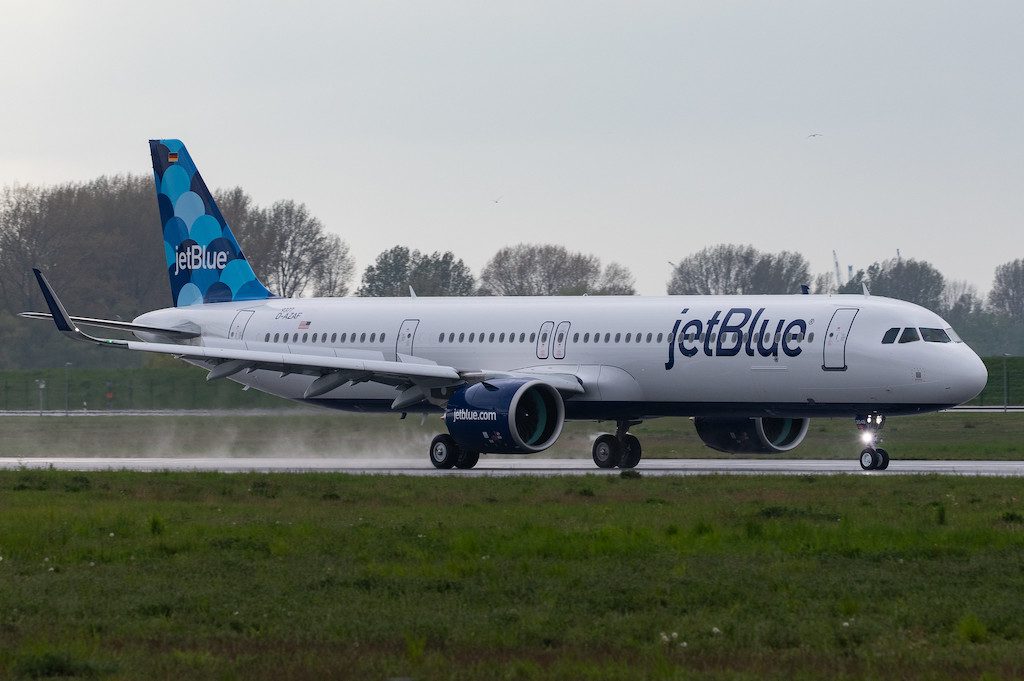Undersized JetBlue Wants to Leverage This Crisis to Grow at Big Airports

Skift Take
JetBlue wants to expand in a time of crisis. It should be a sound strategy. But there's a potential problem: All U.S. airlines are in considerable trouble, including JetBlue.
JetBlue Airways wants to cozy up to American Airlines, with the carriers on Thursday announcing a new codeshare partnership in which JetBlue will send passengers to American for its long-haul flights, mainly in Boston and New York, including new nonstops from JFK to Tel Aviv and Athens.
What sounds like a one-way partnership may help JetBlue significantly. JetBlue has a strong brand on the East Coast, but as the nation's sixth-largest airline, it is tiny compared to its competitors. It does not fly many popular routes from Boston and New York, and on many where it does fly, it offers fewer flights than larger carriers, a competitive disadvantage.
In announcing the agreement, JetBlue suggested it plans to leverage the partnership into more growth by adding new flights "to strategic markets" on the East Coast, West Coast and in the Southeastern United States. Eventually, American said it wants to add new markets in India, Africa, Europe and South American from New York, and to fill those airplanes, American will need JetBlue to provide a significant number of connecting passengers. JetBlue said it also will use the partnership, which includes some reciprocal loyalty benefits, to boost flights at New York LaGuardia and Newark airports, and and said it still plans to start flights from New York and Boston to Europe.
The arrangement, similar to one the airlines had between 2010 and 2014, is another indication JetBlue plans to use current airline industry crisis to improve its competitive positioning. After several years of playing the docile competitor against bigger airlines, JetBlue is on the of
